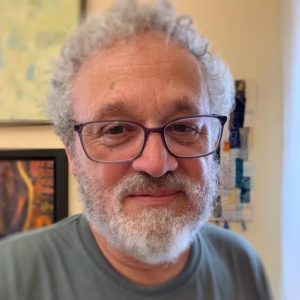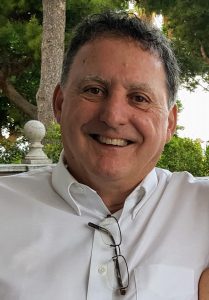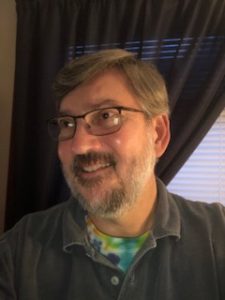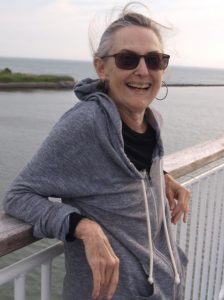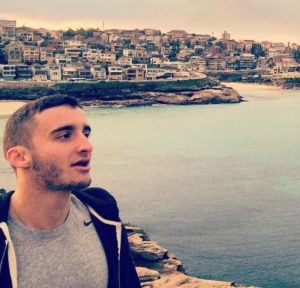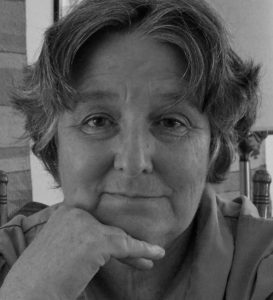The bull thistle, yes, with fierce spines.
Bright blooms on every stem
aren’t sufficient to make it a flower.
But how can a violet be a weed? I know
it’s invasive, but April violets glow
in the grass, shy when spring’s starting.
They’re blue, not violet, as is clear
from the rhyme. Wind stirs
last year’s leaves, and under my feet
five-petaled blossoms gleam
like dark stars. Hawkweed lifts
yellow blooms on its thin stems.
It’s a sign of bad soil. But it shines
at the roadsides, and bindweed climbs
on anything, attaching itself to hedges
and fences. Yes, it’s a weed, and trains
moan at all hours. Broken-down
cars rust on small lawns.
And when I step out under blue-silk
skies, it will be sweet to walk
among flowering bindweeds.
Barbara Daniels’s Talk to the Lioness was published by Casa de Cinco Hermanas Press in 2020. Her poetry has appeared in Lake Effect, Cleaver, Faultline, Small Orange, Meridian, and elsewhere. Barbara Daniels received a 2020 fellowship from the New Jersey State Council on the Arts.

